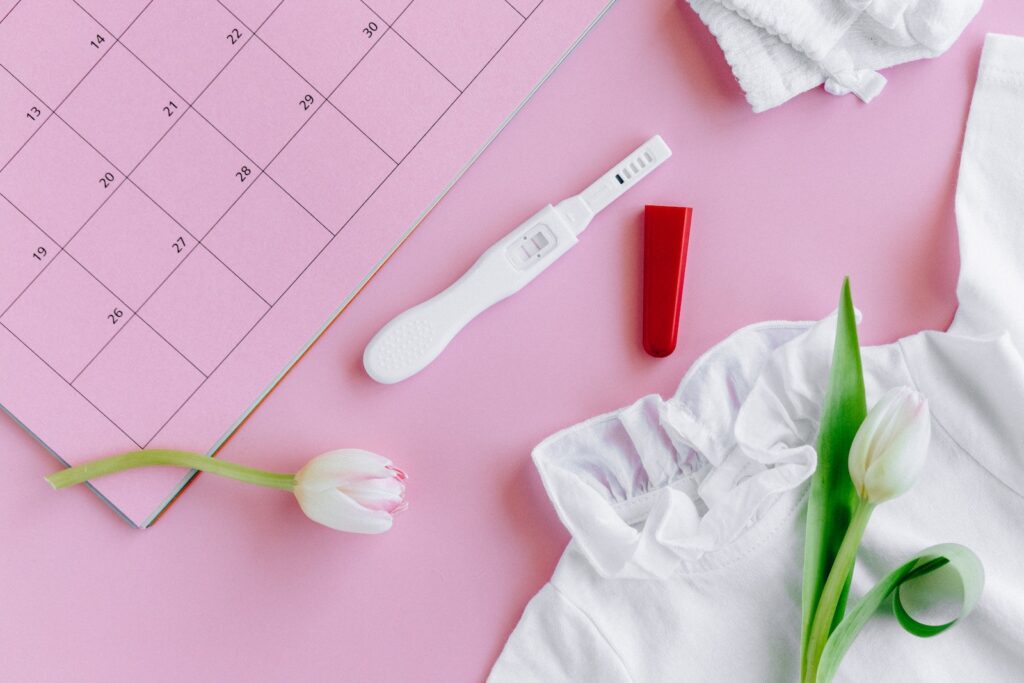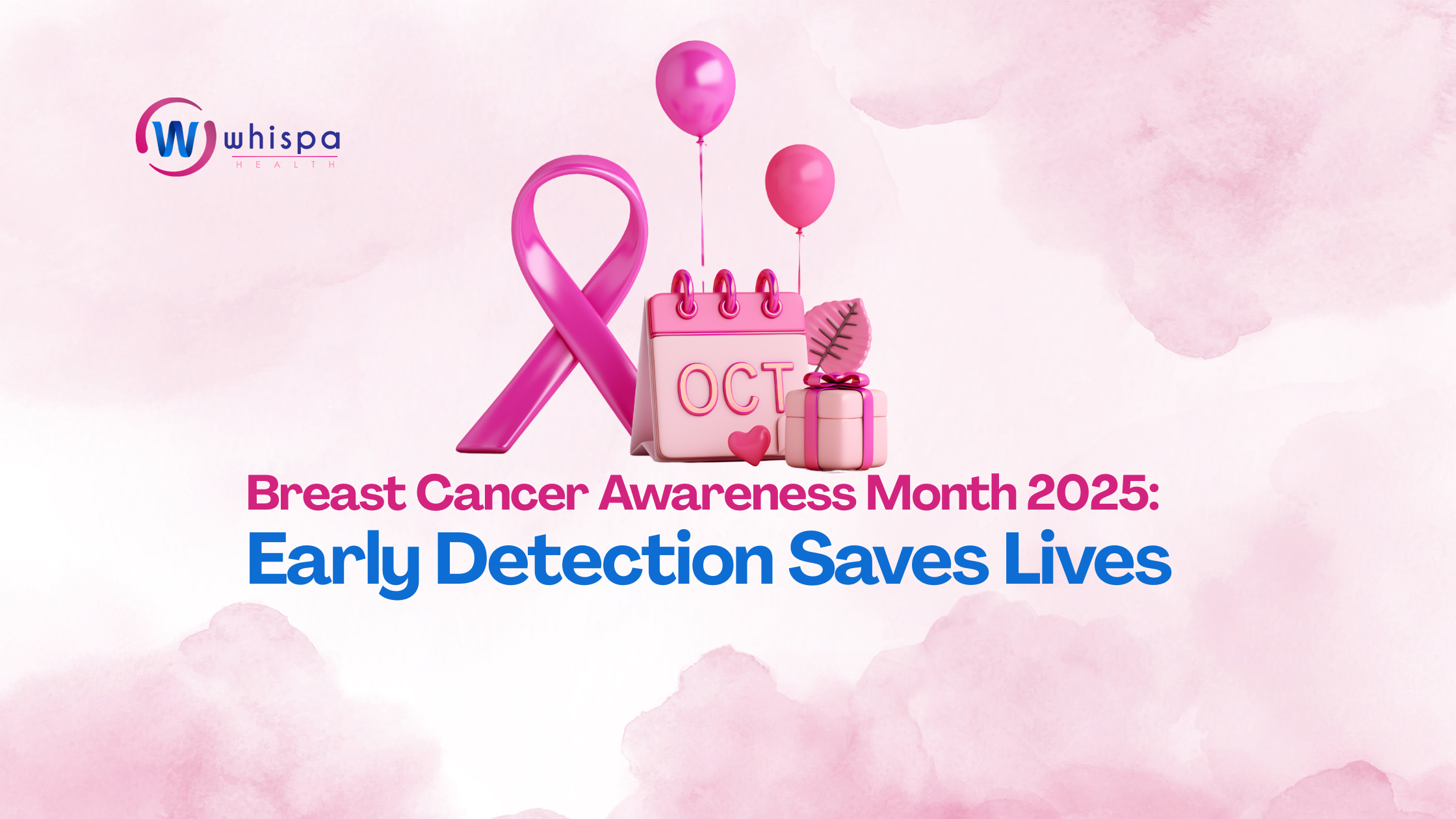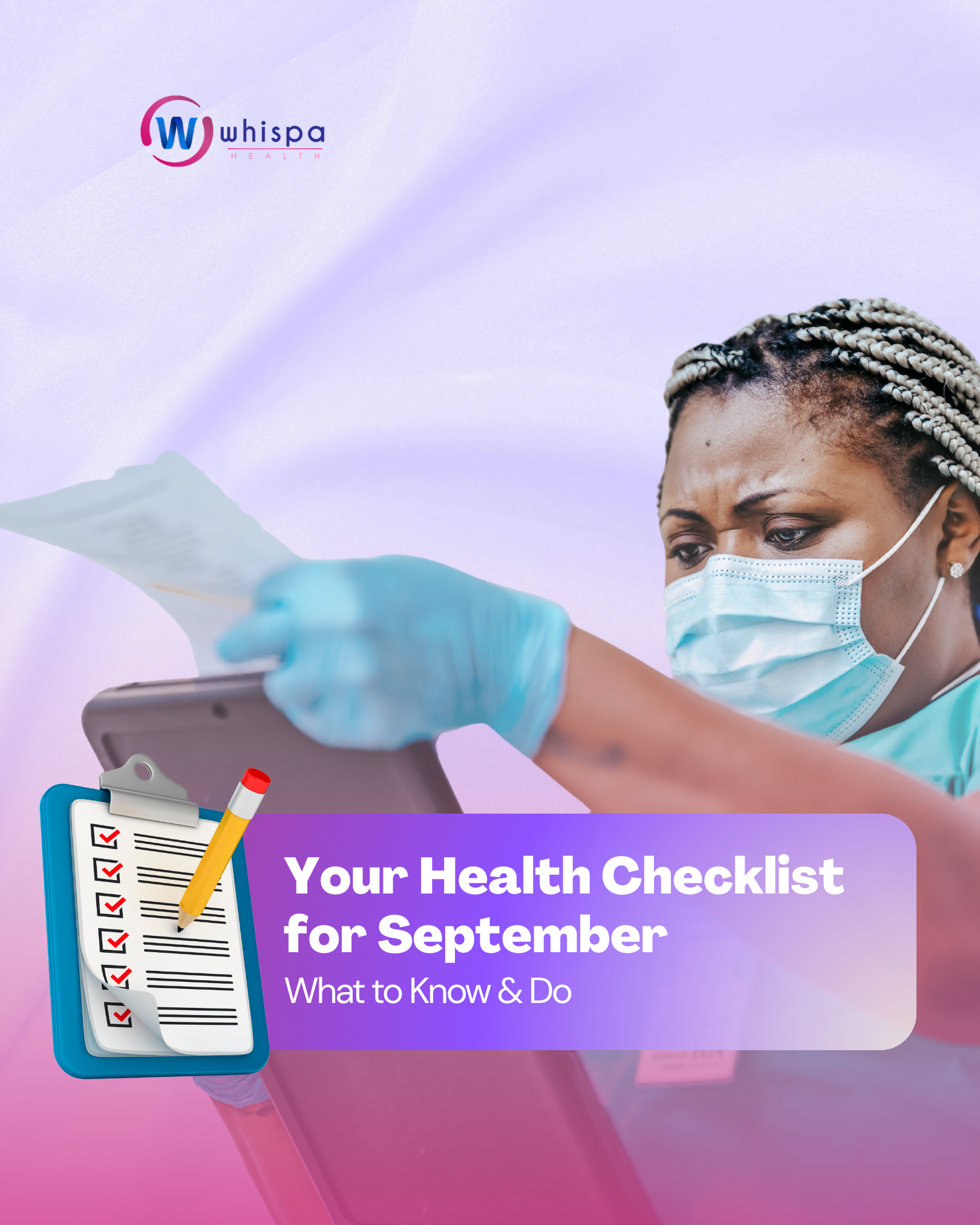Do you think of the menstrual cycle as this unending bloody series with seasons 1 to 50+? then think of ovulation period as the most important action hero in your menstrual cycle (series). If you were to stop, delay, or postpone a woman’s ovulation date, the date of the next menstrual cycle will automatically change.
What’s so special about ovulation anyway?
This is the period when a mature egg (or two) is released and travels to the fallopian tube. This is where it (sips tea), and waits for an active sperm to fertilize it. Now if fertilization does not happen to this mature egg, the egg will die. Roughly 14 days after ovulation date, all that blood that was built up around the lining of the womb in order to nourish hot babe-A.K.A. the fertilized egg pours out of the vagina and the next thing we hear is “I have started my period’.
You want to know how to track Ovulation and the Period of 5 days before it is ‘Bae’. Ovulation Period is the only time when a woman can get pregnant. Therefore, the timing when you and your partner have sex is important. It can determine whether you are just doing it for fun or unknowingly doing it for babies. However, here is a short disclaimer! Ovulation counting is not entirely ‘easy peasy’. it is also not every woman that can depend on ovulation counting to time her fertility. This is because some women have cycles that have been as regular as clockwork every month since they started their menses. While, some women’s menstrual cycles are as unreliable as a particular electricity company (names withheld).
What is the menstrual cycle?
The menstrual cycle refers to the days counting from the first day of bleeding/period to the first day of the next bleeding/period. A complete menstrual cycle varies from person to person. With the shortest cycle being 21 days, the longest 35. The commonest length is 28 to 30days.
How do you count the ovulation date?
Ovulation typically occurs 14 days before the start of the next menstrual cycle. First, predict the start date of your next menstrual cycle. Then, all you need to do is count backward by 14 days. Sounds simple right? Hmmm.. do not be deceived. In order to predict somewhat accurately, you need to record these dates for at least 6 months of cycles. You need this to determine whether your cycles are regular or irregular and how long your menstrual cycle is. By month three, you should be able to write down your prediction for your next 3 menstrual cycle start dates. Try to see if you are correct when your cycle arrives in months four to six.
Despite the counting above like a pro, sometimes it may still be difficult to accurately calculate a woman’s ovulation period. This can happen if she has irregular menses. (e.g. month 1- sees period and then no period in months 2 to 3 or sees two periods in month 1 and none in month. 2). Irregular menses can be caused by many reasons going through a highly stressful period just before your ovulation, using medications that work by delaying your ovulation e.g. hormonal contraceptives or having a medical condition that makes you experience irregular periods e.g. a thyroid disorder or Poly Cystic Ovarian Syndrome (PCOS). If you suspect your periods are always irregular and may be due to a medical condition, please chat with our doctors about it and they can advise you on whether or not to see a gynecologist.
Do not rely on Ovulation counting alone
As a result of the above, we highly recommend that you do not rely on ovulation counting alone to prevent pregnancy. That said, if you are using ovulation counting to get pregnant, you should add at least one other tool like an ovulation kit (which checks for LH-Luteinizing Hormone which is very high on the day of ovulation), Basal temperature tracking, and cervical mucus monitoring. You can order an ovulation test kit from WHISPA mobile app, just go to the homepage and select Test Kits.
Look at it this way, if you rely on ovulation counting to get pregnant and do not get pregnant you would be heartbroken, but you will try again. While if you rely on ovulation counting to prevent pregnancy and end up getting pregnant, you will have a whole human being to care for. Is this worth the risk, just because your ovulation counting skills went awry?
In summary:
Knowledge of how to count the ovulation period cannot be overemphasized if you are trying to get pregnant. However, this is NOT a recommended contraceptive method if you are ‘completely’ against the possibility that a pregnancy will likely happen because you counted wrongly. If you need a more reliable contraceptive method with 90-99.9% efficacy, always use a modern contraceptive like Condoms, Contraceptive Pill, Injection, Implant, or the Copper IUD or Hormonal IUD. Why not take one of our electronic contraceptive assessments and also book your appointment today at a clinic near you!
If you have any questions, just comment below.




